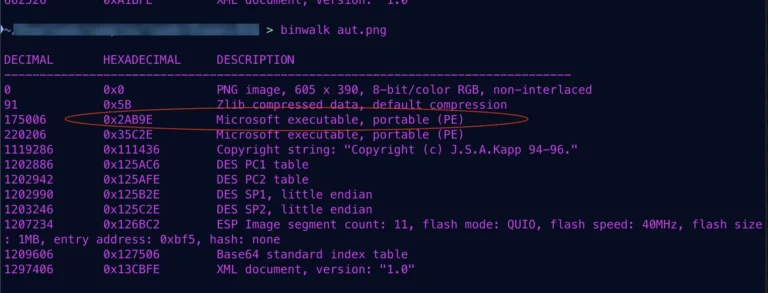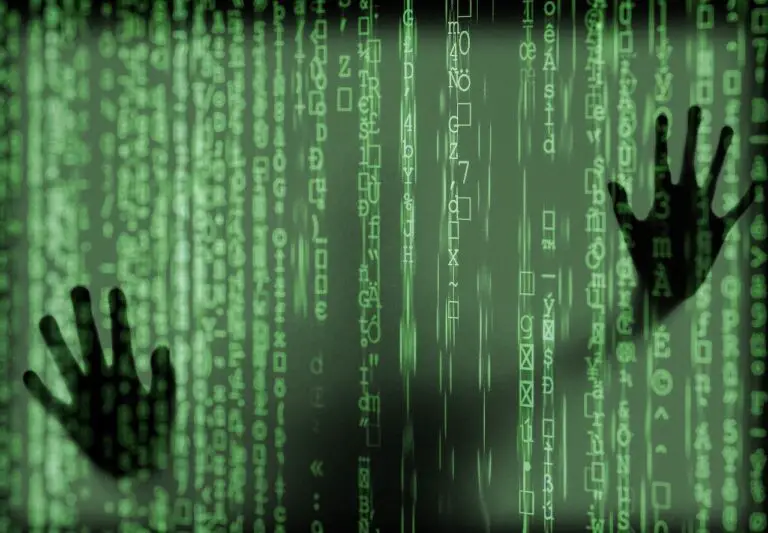
Philippine authorities have arrested a Chinese national and two Filipino citizens on suspicion of espionage targeting critical infrastructure, including military facilities. The suspects are allegedly connected to a China-backed network operating under the guise of autonomous vehicle developers.
The investigation uncovered six individuals suspected of involvement with the group, three of whom are based in China. Among those apprehended is Deng Yuanqing, a Chinese citizen and software engineer affiliated with a university controlled by the People’s Liberation Army (PLA) of China. This university is renowned for its expertise in cybersecurity and advanced military technologies, and Deng specialized in automation and engineering developments.
Members of the group outfitted a vehicle with surveillance equipment and spent a month traveling across Manila and the country’s largest island, Luzon, collecting data on landscapes, buildings, and strategically significant sites. According to NBI officials, gathering such information without authorization from Philippine authorities is illegal.
During the arrests, surveillance equipment containing sensitive data was seized, including topographical video footage and maps of critical infrastructure. The devices were capable of remote access via the internet. It was noted that the suspects repeatedly traversed military bases, government facilities, power plants, and police stations. The collected information could potentially have been used for military purposes.
In response, the Philippine government announced heightened security measures across all military installations, including stricter access controls. This marks the second reported instance of suspected Chinese spies being detained in the Philippines. Previously, authorities confiscated data containing images of military and police facilities in Manila.
No official comment has been issued by the Chinese embassy in Manila. The incident occurs amid escalating tensions between the two nations over disputes in the South China Sea.
In January, Bloomberg reported that Chinese state-sponsored hackers infiltrated the Philippine executive branch, stealing confidential data as part of a years-long cyber-espionage campaign. The stolen materials included military documents linked to territorial disputes between China and the Philippines in the South China Sea.
China denies any involvement, asserting its firm opposition to cyberattacks and condemning politically motivated accusations. Nevertheless, China has faced repeated allegations of such actions. For instance, in 2023, Chinese hackers targeted an unnamed Philippine agency, and in February 2024, an attack on the website of the Philippine Overseas Employment Administration was thwarted.


